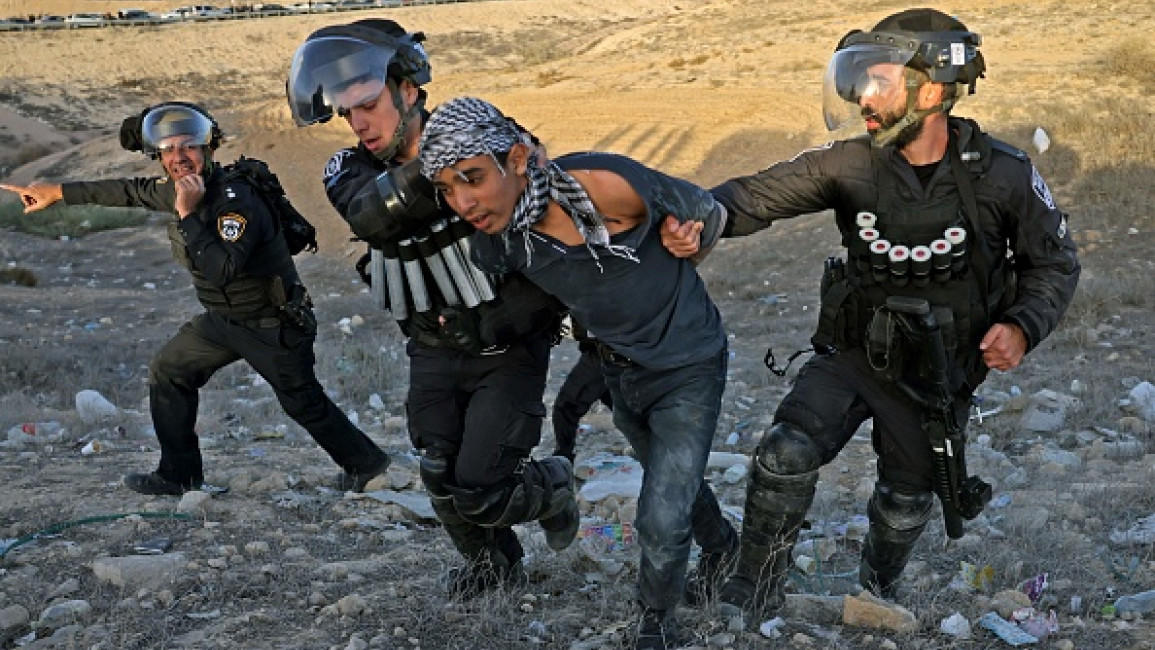Far-right Israeli activist sets up an armed group in the Negev
A far-right Israeli activist has created an armed rangers unit in the Negev desert amid heightened Jewish-Arab tensions in the area, the Israeli daily Haaretz reported on Thursday.
Almog Cohen, a former policeman and a regional coordinator of the far-right anti-Palestinian party Otzma Yehudit, said he established the armed civilian unit to "save the Negev from problematic absence of personal security".
Cohen had in the past expressed an intention to recruit armed Israeli men with a valid gun license in order to patrol the Negev, a region with a large Palestinian Bedouins community, which suffers from high crime rates.
The police and the municipality of Be’er Sheva, the largest city in the Negev, initially said they would attend an event marking the official launch of the militia on Sunday, but police walked back on their support a few days before.
"The police announced earlier this week that it would not take part in this initiative and that the Southern District commander would not attend the launching ceremony," a police spokesperson told Haaretz, adding that the police had withdrawn after Cohen launched a crowdfunding campaign to buy equipment for his unit, which is 'forbidden' according to police.
Tensions have been mounting recently in the Negev (called Naqab by Palestinian residents) over a contested tree-planting project.
The Negev desert is home to over 300,000 Palestinian Bedouins, who are extremely marginalised and constitute Israeli's poorest minority.
Since January, Israeli forces have arrested dozens of these Palestinian citizens -including minors- protesting against the afforestation project.
Clashes erupted at the beginning of the year when the Jewish National Fund (JNF), a controversial land organisation, sent bulldozers accompanied by Israeli police into "unrecognised" Bedouin villages to plant trees on the land - a move that local communities denounced as an attempt to displace them.
Many Bedouins have agreed to live in a handful of cities built by the Israeli state, but others continue to live in their historic villages and cultivate their ancestral lands.
Despite the Bedouins' centuries-old presence on the land, much of it is considered by Israel as state property, since Bedouin communities were expropriated at the time of Israel's creation or they failed to register their deeds with the new authorities.
These villages are "unrecognised" by the Israeli government and lack basic services - be it road, electricity, water or schools.



